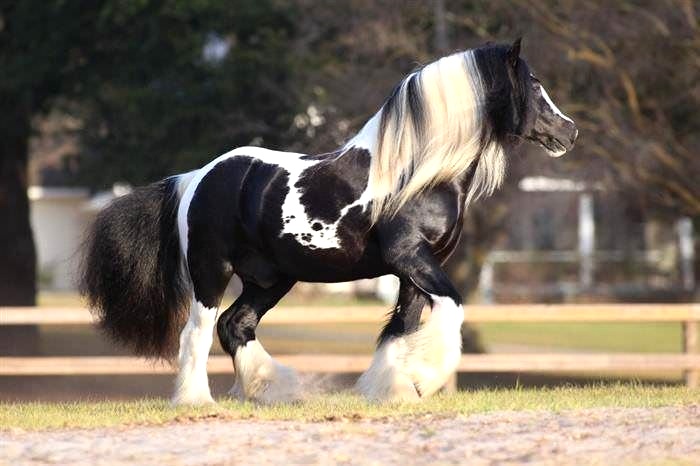It’s no secret that horses are sensitive creatures. They’re known for their strong intuition and ability to read humans. But can horses tell if you’re scared?
Horses are highly sensitive animals, and their behavior can be affected by the emotions of their handlers. They can sense if you’re scared, angry, or upset. In some cases, horses may even pick up on subtle cues that you’re not even aware of.
Humans and horses have a long history of interacting with one another, and this connection has made it possible for horses to learn how to interpret human emotions. In this article, we’ll explore how horses can tell if you’re scared and how you can use this knowledge to help build trust between you and your horse.
Understanding Horse Behavior
Before we can discuss how horses can tell if you’re scared, it’s important to understand basic horse behavior. Horses are prey animals, meaning they’re constantly on the lookout for potential predators. As a result, they’re very sensitive to their environment and can pick up on subtle changes.
When a horse is scared, it will display certain behaviors. These behaviors can include trembling, sweating, snorting, and fleeing. Understanding how horses express fear can help you recognize when a horse is scared and how to respond.
How Horses Sense Fear
Horses can sense fear in humans in several different ways. Horses are able to read body language and pick up on subtle changes in the environment. They can sense changes in the air, such as increased tension or stress, and they can also smell pheromones released by humans when they’re scared.
Horses are also very sensitive to the energy and emotions of the people around them. They can pick up on fear even if it isn’t visible, such as if a person is trying to hide their fear.
Horses React to Fear
When a horse senses fear in a person, it will often react in a certain way. It may become agitated or nervous, and it may even try to flee the situation. It’s important to remember that horses are prey animals and fear is a natural response.
Horses may also display aggressive behavior when they sense fear. This is because they’re trying to protect themselves from potential danger. It’s important to remain calm and reassure your horse when this happens.
How to Build Trust with Your Horse
In order to build a trusting relationship with your horse, it’s important to understand how horses sense fear and how to respond in a way that won’t scare them. Here are some tips for building trust with your horse:
1. Be aware of your body language: Horses can sense subtle changes in your body language, so it’s important to be aware of how you’re standing and moving around your horse.
2. Speak calmly and clearly: Horses will pick up on the tone of your voice and can become scared if you’re shouting or speaking too quickly.
3. Move slowly and deliberately: Horses can sense sudden movements, so it’s important to move slowly and deliberately when around your horse.
4. Be consistent: Horses respond best to consistency, so it’s important to use the same commands and cues each time.
5. Spend time with your horse: Building a relationship with your horse takes time, so make sure to spend time with them each day.
6. Reward good behavior: Horses respond well to positive reinforcement, so be sure to reward them when they do something good.
7. Be patient: Horses can take time to trust you, so be patient and don’t give up.
Conclusion
Horses are sensitive animals and can sense fear in humans. They can pick up on subtle changes in body language and energy, as well as smell pheromones released when a person is scared. When a horse senses fear, it may become agitated or try to flee the situation.
Building trust with your horse is key to having a successful relationship. It’s important to be aware of your body language and move slowly and deliberately around your horse. Consistency, patience, and positive reinforcement are also important for building trust with your horse. By understanding how horses sense fear and responding in a calm and reassuring way, you can help build a trusting relationship with your horse.

